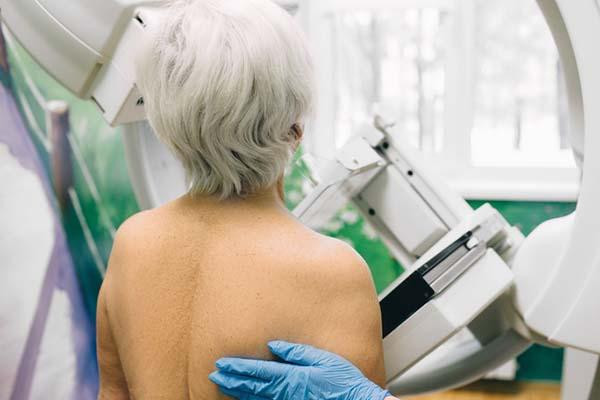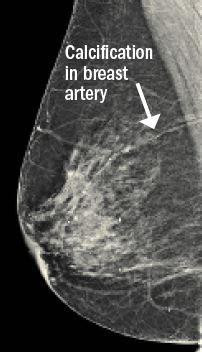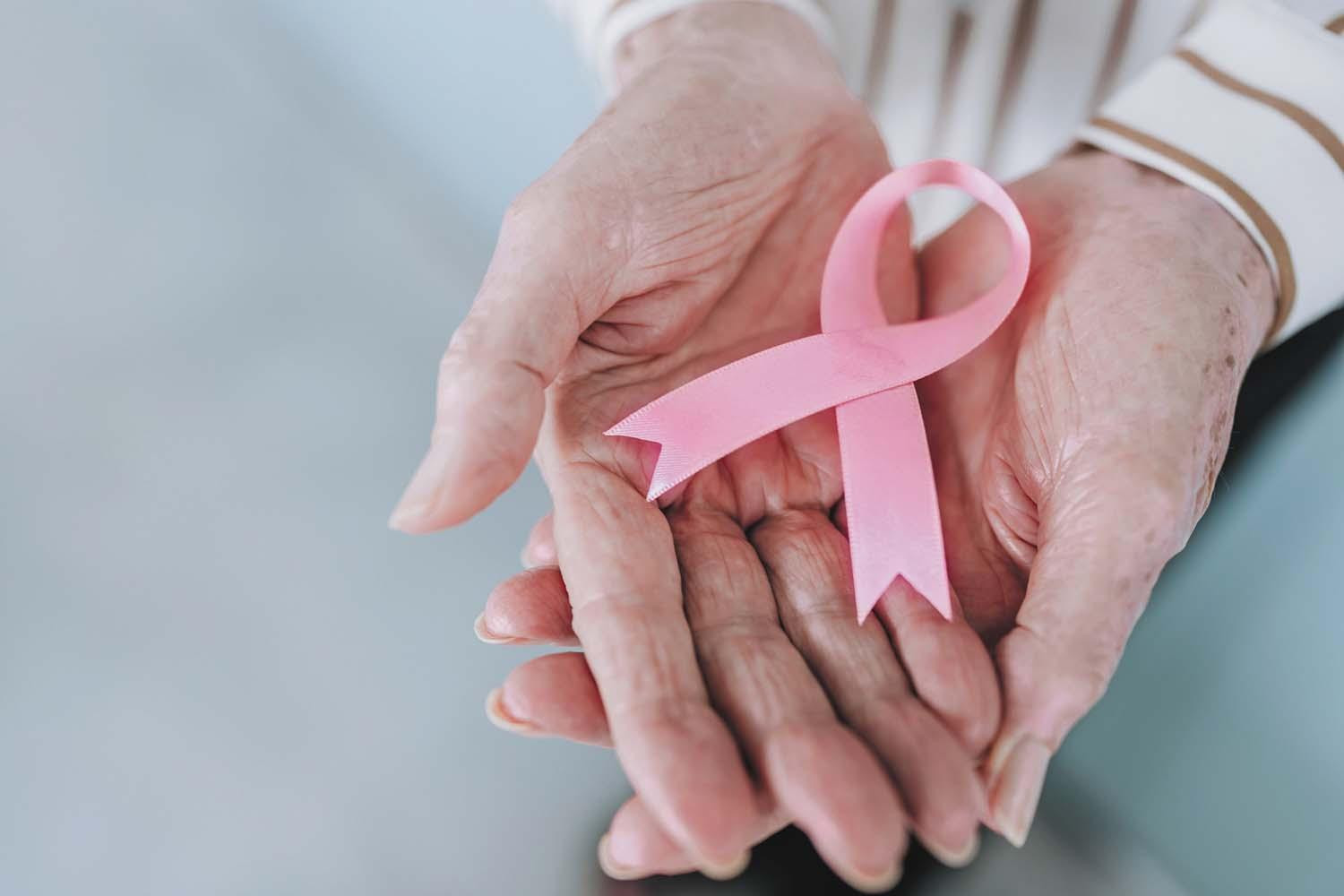
New thinking about plaque in arteries that feed the brain

Want to prevent shifting teeth? Maybe you need retainers

What you need to know about the new dietary guidelines

Food that’s healthier for people and planet can be cheaper, too

New evidence that polyphenol-rich foods help the heart

8 simple ways to reduce ultra-processed foods in your diet

How to curb your stress eating

How to spot Parkinson’s disease symptoms

Heart failure symptoms in women: How they’re different

GERD diet: Foods to avoid to reduce acid reflux
Breast Health & Disease Archive
Articles
Risk-based breast screenings as effective as annual mammograms
A 2025 study suggests that adjusting the intensity of breast cancer screening based on individual risk factors is as effective as annual mammograms.
When can older women stop getting mammograms?
Mammogram screening guidelines for women 74 and older vary considerably. Randomized, controlled clinical trials have not examined the implications of screening mammograms in women 70 and older, and treating tumors unlikely to reduce life expectancy can harm women.
The head-scratching dilemma of itchy nipples and breasts
Itchiness of the breasts or nipples isn’t common, but can signal conditions both harmless and serious. Minor reasons for itchiness across the bra area include eczema, psoriasis, exposure to soaps or detergents, trapped moisture, and pregnancy and breastfeeding. More serious causes include infections, breast surgery, radiation treatment, and certain rare forms of breast cancer. Any skin changes on the breast that don’t improve over weeks should be evaluated by a doctor.
Machine learning used on mammograms may help predict heart disease
A type of artificial intelligence that uses a deep machine learning tool to analyze different features from routine mammograms can predict a woman’s risk of heart-related problems, according to a 2025 analysis.
Decoding your breast cancer risk
Breast cancer risk assessment scores can enable clinicians to estimate a woman’s risk of developing invasive breast cancer over the next five years, as well as her lifetime risk. The tools ask users about myriad factors that influence breast cancer risk. But risk calculators don’t necessarily provide the kind of precision and insight some women seek. A risk score can’t tell a woman for certain whether she will or won’t develop breast cancer. Risk calculators typically also don’t determine when or how often most women should seek mammograms.

New thinking about plaque in arteries that feed the brain

Want to prevent shifting teeth? Maybe you need retainers

What you need to know about the new dietary guidelines

Food that’s healthier for people and planet can be cheaper, too

New evidence that polyphenol-rich foods help the heart

8 simple ways to reduce ultra-processed foods in your diet

How to curb your stress eating

How to spot Parkinson’s disease symptoms

Heart failure symptoms in women: How they’re different

GERD diet: Foods to avoid to reduce acid reflux
Free Healthbeat Signup
Get the latest in health news delivered to your inbox!
Sign Up








